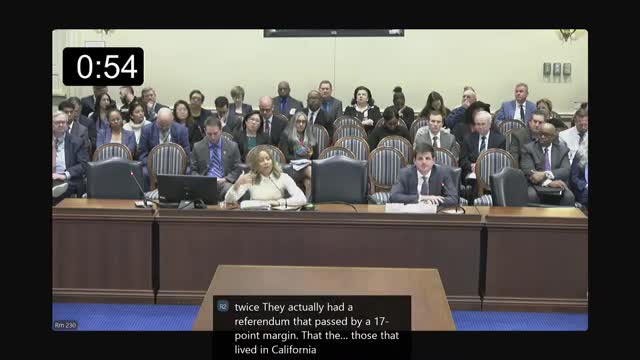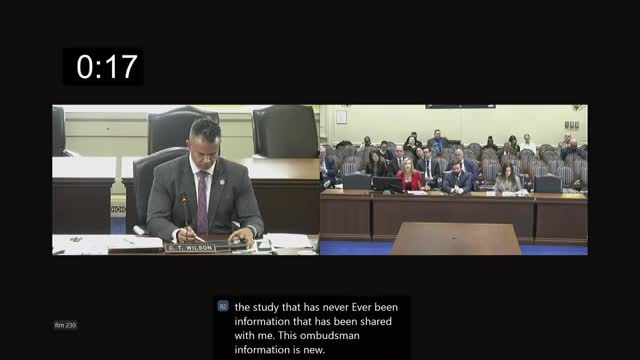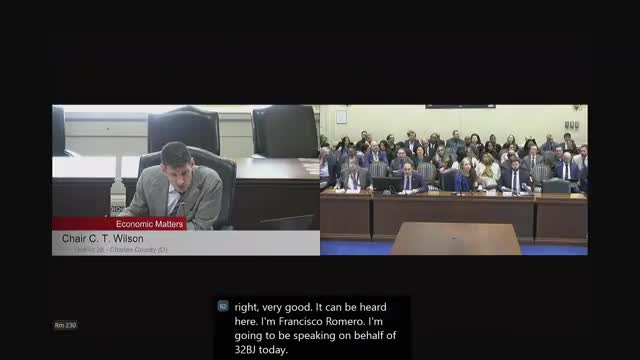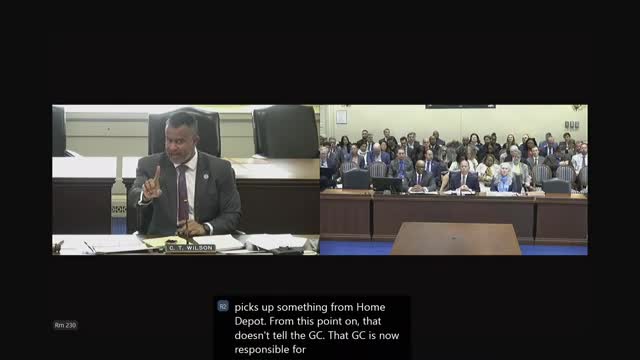Article not found
This article is no longer available. But don't worry—we've gathered other articles that discuss the same topic.

Firefighters press lawmakers to clarify compensation rule for hypertension after denials at commission

Attorney General urges broader enforcement power in bid to curb wage theft and misclassification

Uninsured Employers Fund seeks higher assessment after revenue drop; insurers split on level

Bill to pilot child-support arrearage-to-work program wins backing from advocates

